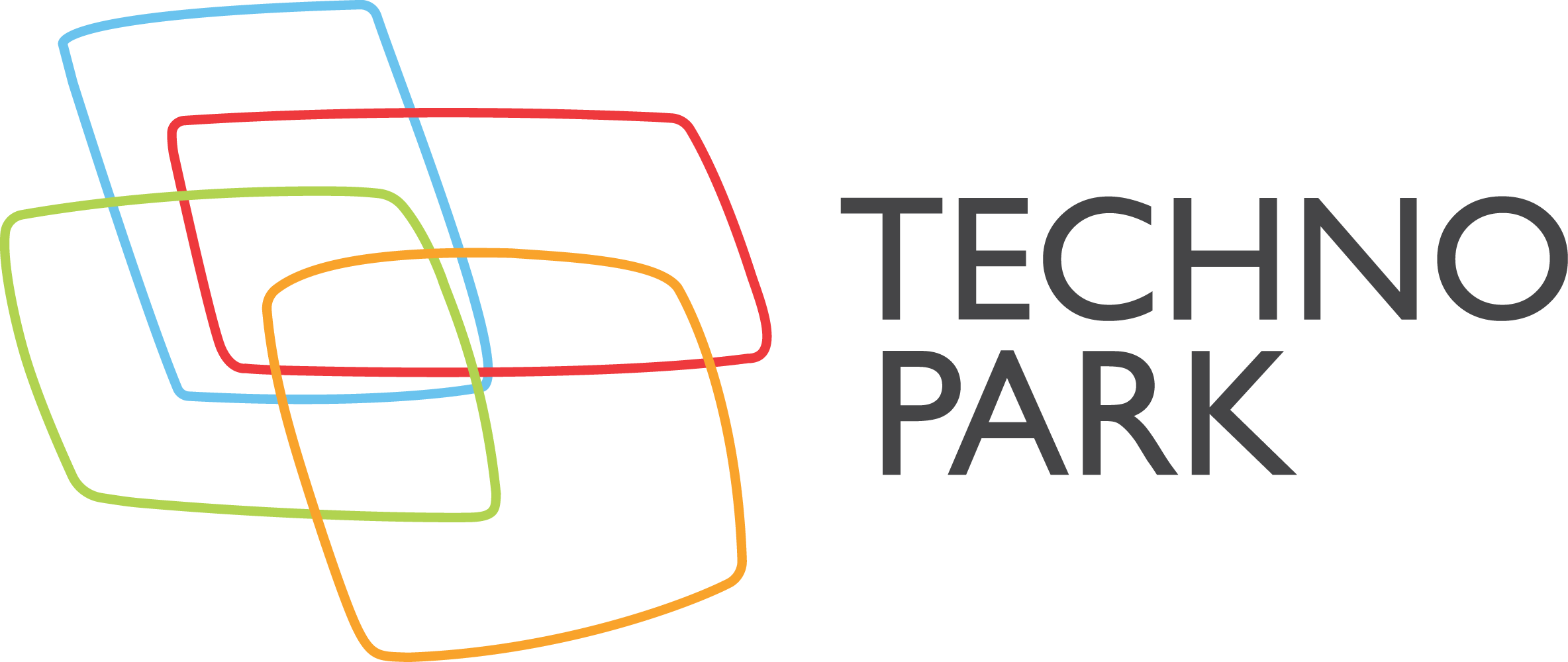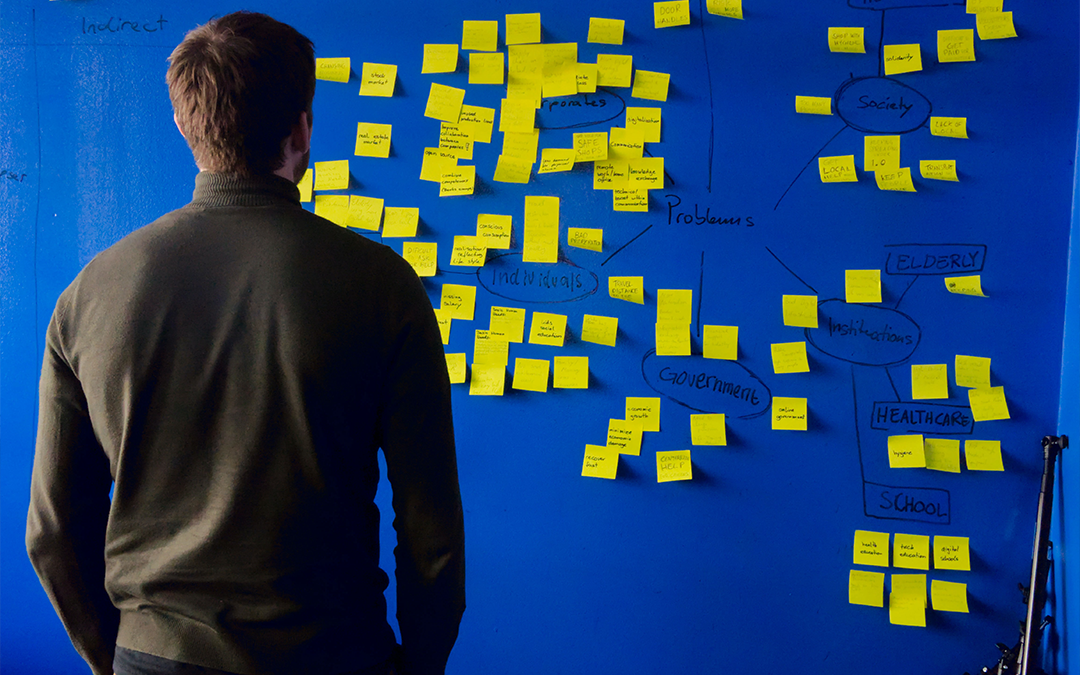Starting a business is no walk in the park. As an entrepreneur you have to be resilient, active and think on your feet. You face a myriad of obstacles as you make your way into the unknown. That being said, you are not alone. A little bit of help from experienced business owners can go a long way. Better yet, advice from a business coach can map a path for a profitable future.
No walk in the park
Starting a business is a significant achievement. Entrepreneurs have to be resilient risk-takers with the grit to keep going when times get tough. Small- and micro-business owners face a myriad of challenges on their way through survival and towards growth and profitability. Some of those challenges can be rewarding, but in reality most are harsh and humbling.
While there are a number of small businesses across various industries that perform well and are continuously profitable, the stats are not forgiving. According to the Small Business Administration (SBA) in the United States:
- 20% of small businesses fail in the first year
- 50% go belly up after five years
- 33% make it to 10 years or longer
National Business Capital has moreover found that, of the around 6.5 million businesses that startedup in the United States in 2019, the failure rate was around 90%:
- 5% were in their first year
- 30% were in their second year
- 50% were in their fifth year
- 70% were in their their tenth year.
In South Africa, the picture is even more intimidating. According to Cova Advisory director Tumelo Chipfupa, South Africa has one of the highest failure rates for SMMEs in the world. Citing access to finance as a major stumbling block, Chipfupa laments the fact that five out of seven new businesses in South Africa fail within their first year. Moreover, in the wake of COVID-19, according to data released by Stats SA in April 2021, March 2021 saw a 49% higher degree of liquidations than the total liquidations registered in the same month in 2020. According to BeyondCOVID, smaller, micro-, and medium-sized businesses, in general, are 26 times more likely to close their doors in times of economic upheaval than their corporate counterparts.
It would seem that, as a small-business owner, the odds are stacked against you in a Darwinian game of survival of the fittest. With COVID-19 not making things any easier, entrepreneurs can do well to better understand key challenges they may face in order to better navigate what can be treacherous terrain.
While it’s true that every business venture carries some level of risk, failure statistics shouldn’t scare you away from your startup dreams. For this reason, we turned to accomplished business coach and public speaker Harry Wellby-Cooke from ActionCOACH Impact in Technopark to find out more about the real and perceived challenges that new business owners face in the South African context, and perhaps gain some insights into how to overcome them.
Introducing your business coach
Whether they want to be their own boss, follow their passion or merely create employment in an otherwise volatile job market, there are different reasons why people may choose the entrepreneurial path. Whatever the force that drives young entrepreneurs to get their ideas off the ground, the fact remains that there are many obstacles they will have to overcome before they can get their ventures off the ground, and many more on the road to success. That is where Harry and ActionCOACH Impact come in.
The job of entrepreneur is multidimensional and demanding. Being a successful business owner relies on 1) mitigating company-specific risks while at the same time 2) bringing a product or service to market at a price point that meets consumer-demand levels. In many ways, it is a difficult and lonely path to walk.
According to ActionCOACH:
A business coach is just like a sports coach, pushing athletes to achieve optimum performance, providing support when they are exhausted, and mentoring the athlete to execute plays that their competition does not anticipate. A good sports coach will make you run more laps than you feel like, will tell it like it is, and will always listen.
After having left a long career in banking to start his own consulting firm, Harry came across ActionCOACH in 2007. This global business coaching franchise, started in Australia by Brad Sugars in 1993, operates in over 75 countries and is currently the world’s leading business coaching firm. Harry was drawn to the prospect of helping entrepreneurs build sustainable businesses through the application of valuable strategies, tested tools, and proven systems.
Considering the main obstacles new business owners face, Harry came up with the five most common challenges entrepreneurs face.
5 common challenges all entrepreneurs face
1. Funding
Let’s first talk about the perceived funding obstacle. Business coaches, often come across entrepreneurs complaining about access to funding, explains Harry. This is a common problem, and rightly so.
Even though the landscape for small-business funding has changed a lot over the years, access to funding leaves a lot to be desired. Banks, government and other funding agencies are just not geared towards growing the small-business sector.
So, funding can be a real problem. However, funding can be an obstacle in another sense too. The reality is that most entrepreneurs should in actual fact not get money. They are too often now trying to do more of the same, so not differentiating themselves. What funding does is it can make people complacent. What the business coaching community often finds, according to Harry, is that funding ultimately does not move into the business. Rather, the funds are used to pay for the entrepreneur’s expenses. This is where these businesses fall short.
Harry explains that successful businesses around the world have bootstrapped themselves in some or other way. “Once you have a little bit of success, you can get a little bit more money. Too often people want to go from zero to hero too quickly and that is a problem many entrepreneurs face.”
2. Red tape
A second often-cited obstacle, according to Harry, is red tape or bureaucracy.
“It both is and it is’nt an issue”, explains Harry. “Once again, if you are trying to go too big too quickly, then you can face a lot of red tape”. Processes to, for example, get on approved vendor lists and obtaining tax clearance certificates can be arduous. By the time you have jumped through all the different hoops, you are bankrupt.
Harry advises to be patient. You can actually register your business through your bank and start trading immediately. You can moreover get your accounting and finance done through your bank through inexpensive online accounting packages.
So, while bureaucracy can become a good excuse to not get going, it does not have to be the obstacle it is made out to be. If you avoid trying to go too big too quickly, then red tape should not hold you back.
3. Marketing
Marketing is a fundamental to business success. People think they can’t sell, but everyone can sell. It is the process of getting in front of the buyer that can be a challenge. In Harry’s opinion, people need to focus a significantly higher amount of time and money on marketing.
The biggest mistake new small businesses can make regarding marketing is to jump directly on the digital band wagon. Digital marketing is not only complex and expensive, but, if not understood correctly, can be ineffective. It is difficult for small businesses to compete with more established brands online, and channels such as Google Ads can quickly use up cash.
Entrepreneurs need to put time into using a diverse marketing mix to effectively get in front of the right audience, even if that means utilising more traditional methods such as hitting the streets or picking up the phone.
Another marketing mistake entrepreneurs make is falling into the trap of early-stage brand building, rather than focusing on making money. You require direct marketing and selling to get cash flowing into the business. A simple rule of thumb is: 80% of your week should be spent on sales, marketing and delivery of services or products. Everything else that goes into running the business needs to fit into that other 20%. If you get that right, you have some money to play with that can be used to grow your business.
4. Finance
Another major real obstacle to business success is the effective management of money. Entrepreneurs need to really understand their business’s margins, expenses and cash flow. You have to understand what it costs to acquire a client in order to ascertain if you really are making money or not. Moreover, you need to know how much you can spend to avoid spending too much money when times are good, leaving nothing for when times get tough.
5. Recruiting / Staff
The final obstacle to business development is finding or affording the right talent.
The best way to grow and build a smaller business is through staff. You need to very quickly get to the point where you are not doing all the work and you are passing on the low-value work to someone else. But in South Africa there is a common notion that finding good talent is impossible. In a country with countless graduates in the unemployment line, the notion that you cannot find staff is counterintuitive. Rather, the problem entrepreneurs face is the way they go about recruiting.
Harry explains that at ActionCOACH they teach a deselection process rather than a selection process. In this manner, people deselect themselves, or what they do or how they behave throughout the process deselects them, as the process proceeds. This is done in order to not end up wasting time that should be focused on sales, marketing and product.
Everybody is in the same boat
Entrepreneurs need to understand that starting your own business is both tough and rewarding. Ultimately, the goal should be for the business to work for you. Obstacles should not hold you back. Rather, by being self-reflexive and open, you can turn those obstacles into opportunities.
The one thing that stands out is that, no matter your experience, all entrepreneurs are in the same boat. This means you also do not have to go at it on your own. Organisations such as ActionCOACH not only give you access to trained business coaches but also offer a space to tap into a community of entrepreneurs all grappling with the same problems.
For more information on ActionCOACH in Techno Park, visit their website here.

